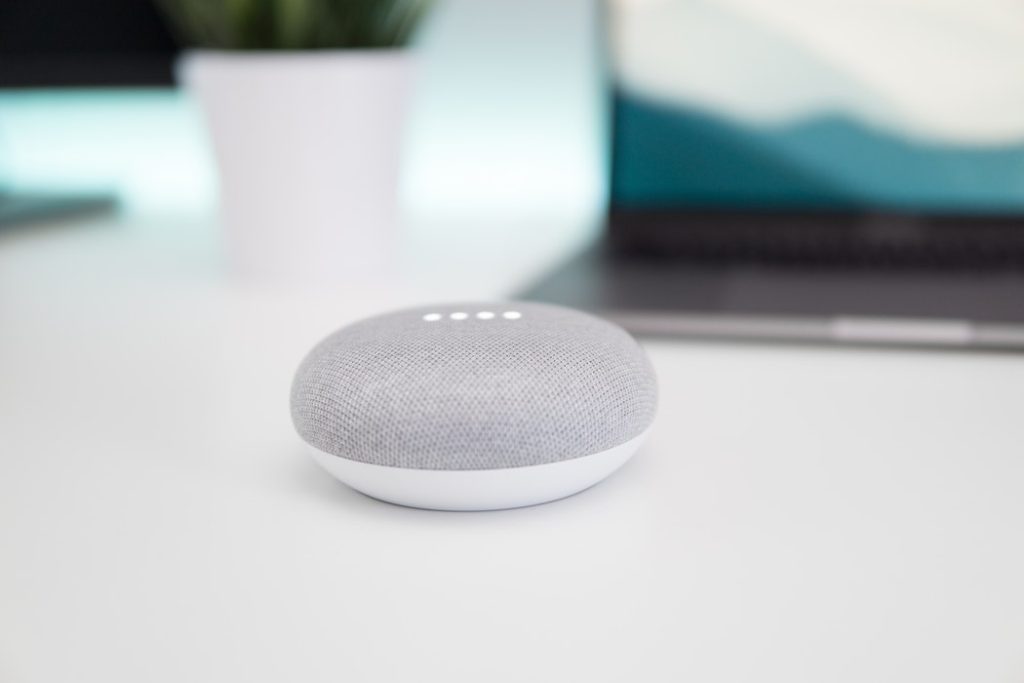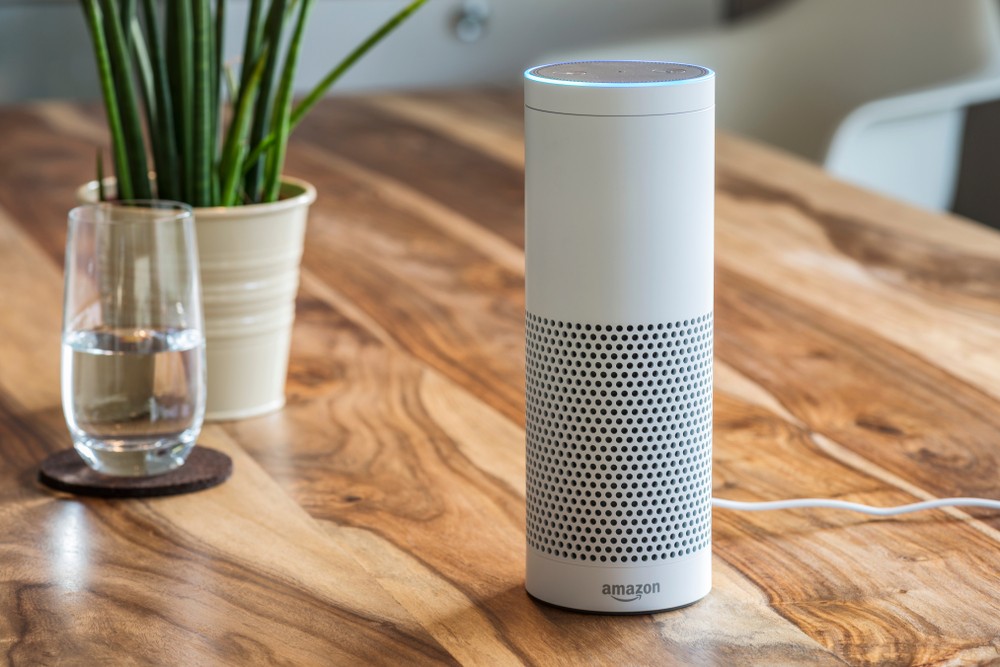How hospitals & medical centers are incorporating voice technology
A smart, reliable voice assistant makes life easier — and in turn helps make us more productive. The truth is that we live in a world where mobile and smart devices are used for almost everything. By moving these functions from a smartphone to a voice assistant, the experience becomes simpler and less mediated. Having …
How hospitals & medical centers are incorporating voice technology Read More »





